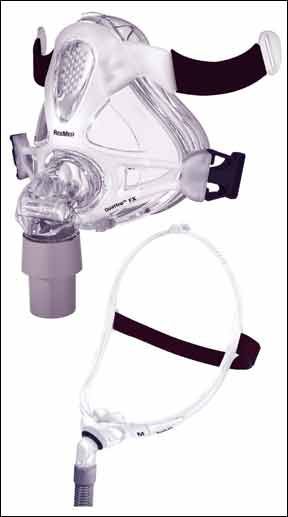Two recent studies highlight the importance of adhering to continuous positive airway pressure (CPAP) therapy to avoid the onset of new hypertension and to help relieve current high blood pressure in patients with obstructive sleep apnea (OSA). The first, reported in the May 23/30 issue of the Journal of the American Medical Association, found that CPAP therapy can help prevent new-onset hypertension. A second study, reported in the same issue of JAMA, suggests that CPAP treatment of at least four hours a night may help reduce incident hypertension and cardiovascular events. OSA is a condition in which the upper airway becomes temporarily blocked while you sleep, causing numerous pauses in breathing during the night. It is often the result of muscle and tissue in the back of the throat relaxing during the night, reducing the size of the airway and forcing the diaphragm and chest muscles to work harder to open up the airway for healthy airflow.
To continue reading this article or issue you must be a paid subscriber.
Sign in






